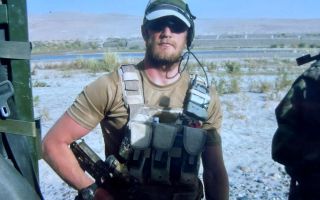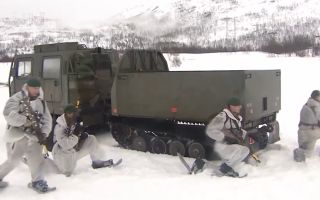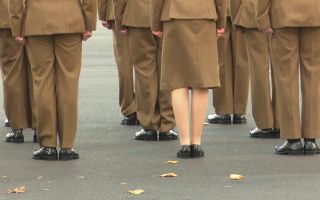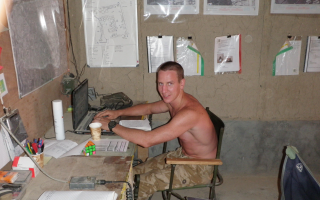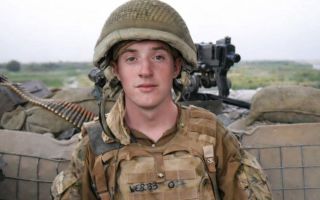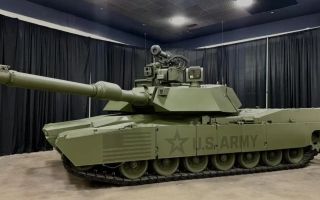Military can't go on strike - so we have to stand up for them, Tobias Ellwood says
The Government is reassessing and revising the Integrated Review in the wake of events in Ukraine.
Speaking to Forces News, Defence Select Committee chair Tobias Ellwood said that this was the right decision given Russian hostility which is proving "far more aggressive than we've seen in the last decade".
Beyond the budget, he believes "it's all about how we look after our Armed Forces".
He added: "They don't spend all the time on the frontline, a lot of the time they are spending in garrisons and operating from home."
This means, he says, military personnel are going to be affected by the same issues as everyone else and are having to endure the increasing fuel and food prices.
Armed Forces personnel received a below-inflation 3.75% pay rise, despite the current cost of living crisis.
However, unlike other public sector employees, Mr Ellwood points out "they don't have the ability to go out on strike, so it is up to us to make the case for them to say their pay must increase".
This comes at a time when the military could be called upon to drive ambulances and stand in for frontline hospital roles under emergency plans to deal with a possible winter of strikes.
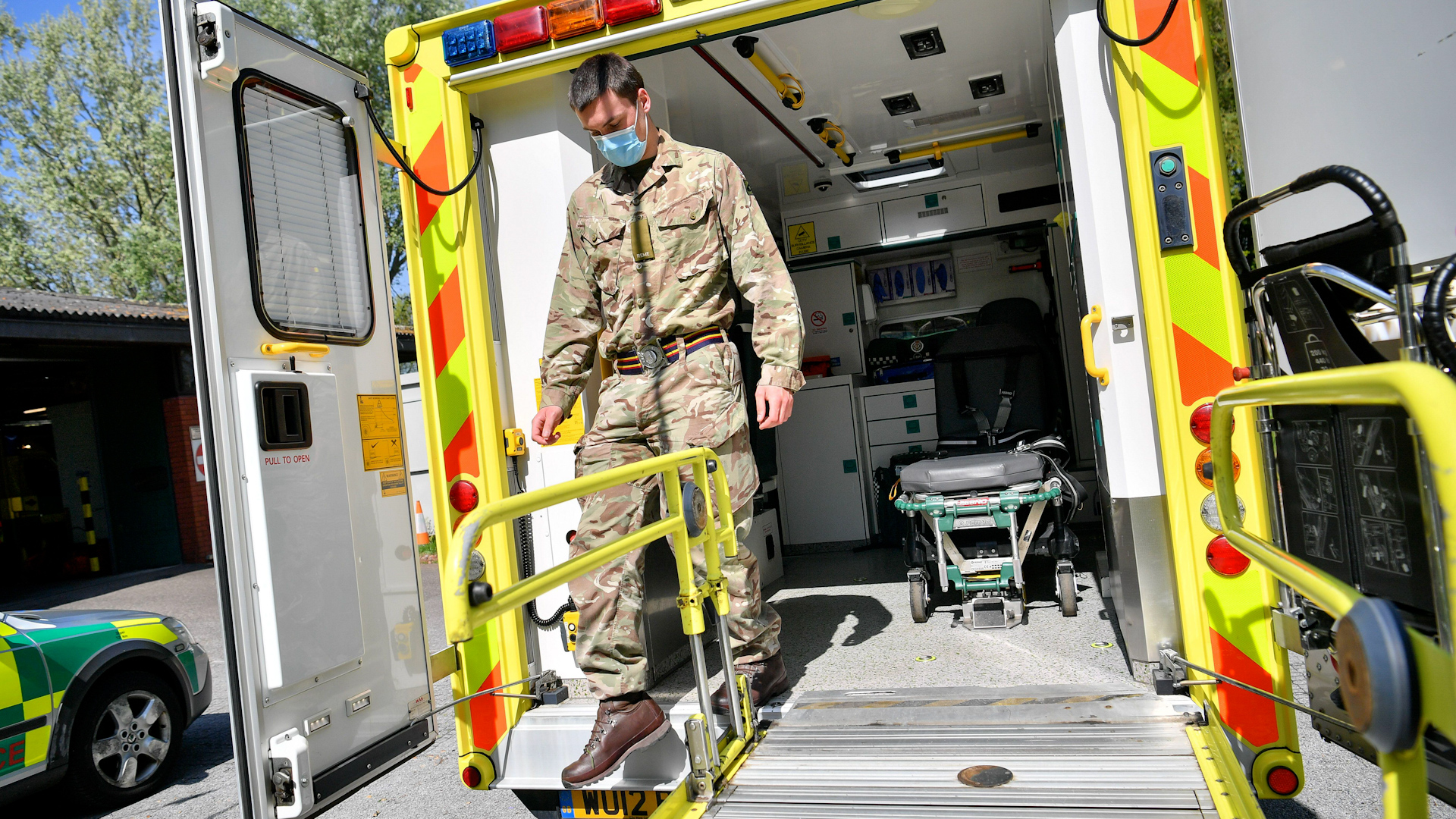
Mr Ellwood continued: "Not only that, but the budget itself for our Armed Forces, all those tanks and vehicles require their own fuel, so the cost to the MOD will go up because of that.
"There are inflationary concerns that the Treasury needs to recognise, that if we want to have a capable fighting force, then we do need to increase the defence budget."
Mr Ellwood, who served as a captain with the Royal Green Jackets before transferring to the Reserve of Officers, said that he believes the world to be getting increasingly more dangerous.
"If you want Britain to have a responsible, capable hard power, you need to invest in it."
So how much does Mr Ellwood believe should be spent on defence?
"The best-case scenario clearly, would be moving towards 3% GDP.
"During the Cold War we were up to 4% GDP, and our world is more dangerous than that."
Mr Ellwood argues that failure to invest in the UK's military will have far-reaching implications.
"I won't stop saying the connection between the importance of having a hard power utility to be able to convene other nations, to follow us and stand up to aggressors and the consequence that will happen, if we don't, to our economy."


